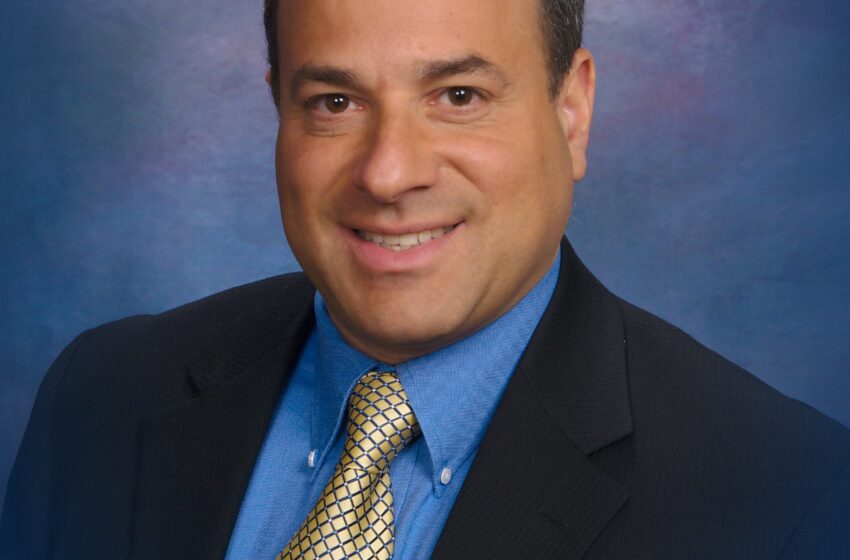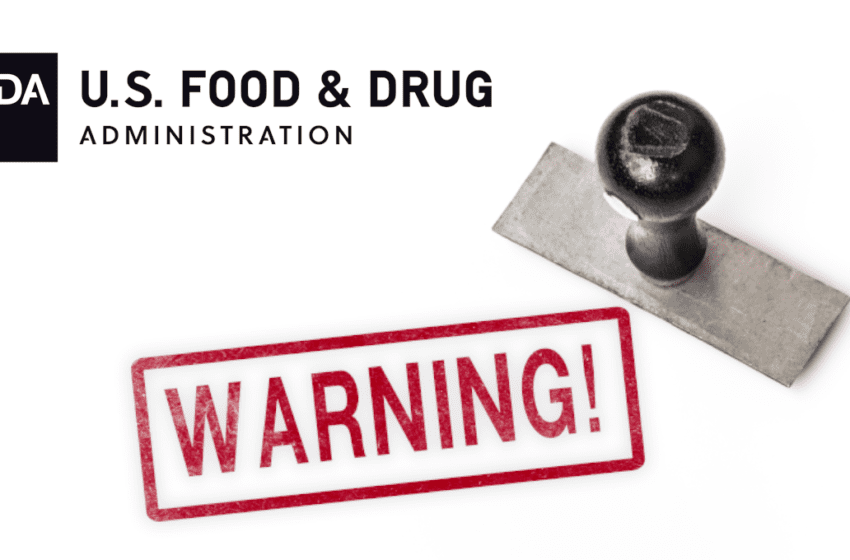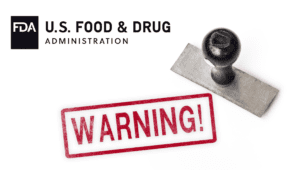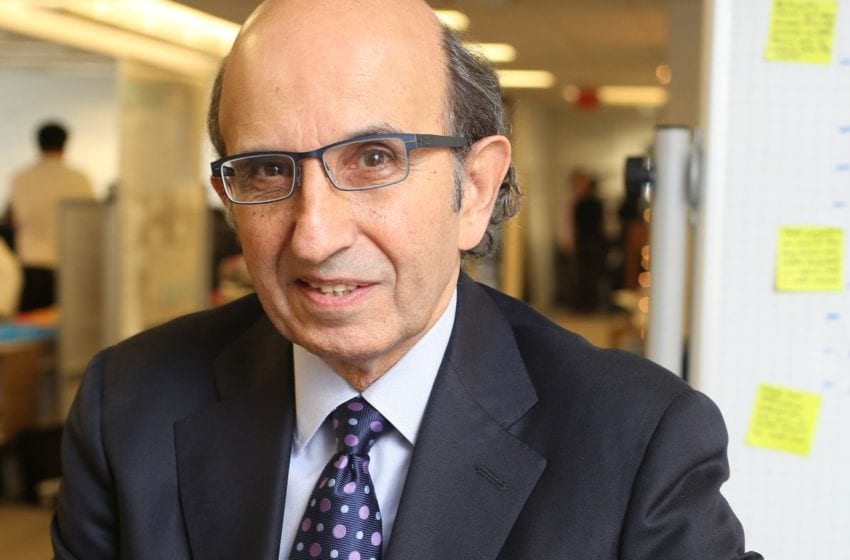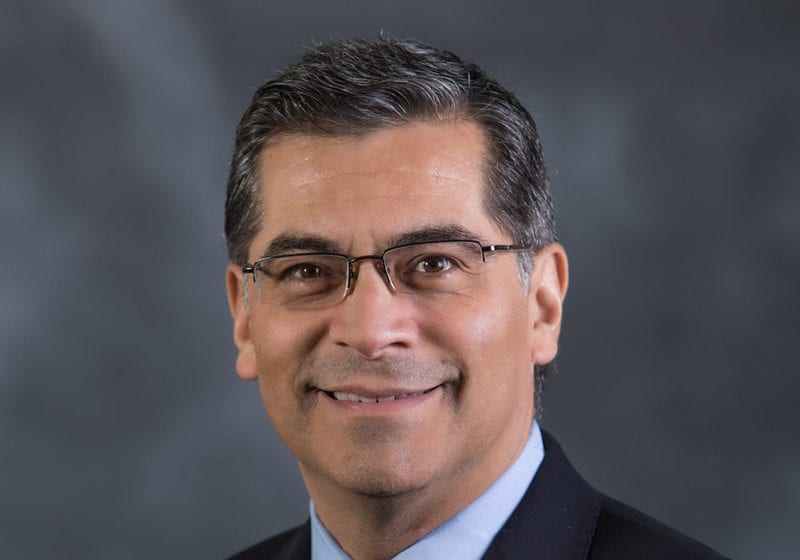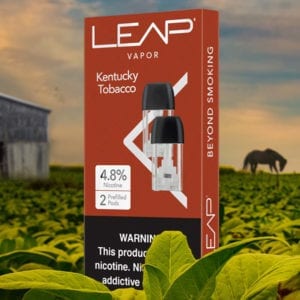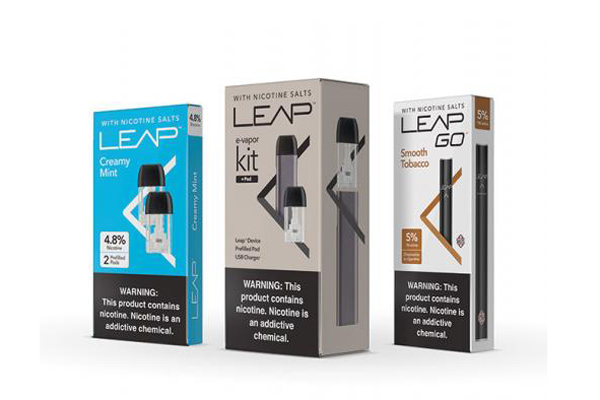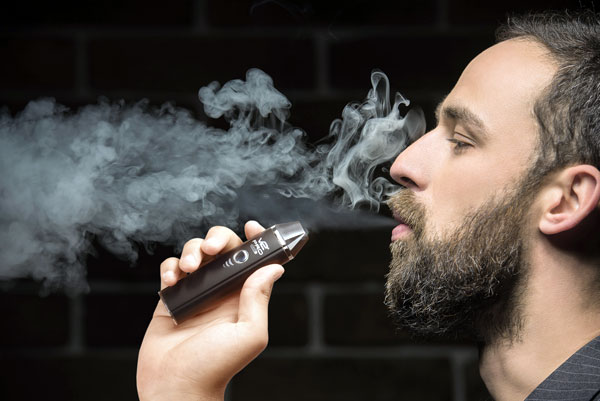As the Biden administration engages the COVID-19 pandemic, a public tug-of-war has emerged over who should be nominated to run the Food and Drug Administration, a pivotal participant in the effort, write Henry I. Miller and Jeff Stier for Issues & Insights. An analysis of the two perceived front-runners illustrates that neither would likely introduce the kinds of reform needed at the agency.

One candidate is acting Commissioner Dr. Janet Woodcock, a long-serving top FDA official with widespread institutional respect, both inside and outside the agency.
To her (far) left is Dr. Joshua Sharfstein, who served briefly as deputy commissioner of the FDA in the Obama administration, and who formerly was the secretary of the Maryland Department of Health, as well as the health commissioner in Baltimore. Earlier in his career, Sharfstein was the health policy adviser to influential, liberal Congressman Henry Waxman, D-Calif. He is currently the vice dean for Public Health Practice and Community Engagement at the Johns Hopkins Bloomberg School of Public Health.
Woodcock’s strength is her extensive background in pharmaceutical regulation. However, some perceive her to be overly sympathetic to industry. Woodcock has been at the FDA for 35 years, and would be a sober, steady influence at a time that cries for stability at the agency.
But her institutionalism is also a weakness; all is not well at the FDA. As former Commissioner Frank E. Young quipped, “dogs bark, cows moo, and regulators regulate.” Consistent with that propensity, the FDA often exceeds its congressional mandate. Regulators have concocted additional criteria for marketing approval of a new drug beyond the statutory requirements for demonstrating safety and efficacy— requirements that sometimes inflict significant but obscure damage on both patients and pharmaceutical companies.
For example, regulators have arbitrarily demanded that a new drug be superior to existing therapies, although the Food, Drug and Cosmetic Act requires only a demonstration of safety and efficacy. And in a classic case of regulatory mission creep, Phase 4 (post-marketing) studies are now routine, whereas the FDA used to reserve them for rare situations, such as when there were subpopulations of patients for whom data were insufficient at the time of approval.
The effects of FDA regulators’ self-aggrandizing, excessively risk-averse actions range from the creation of disincentives to research and development (which inflates costs) to significant threats to public health, such as the years-long delay in approval of a much-needed meningitis B vaccine.
Another egregious example of the impact of excessive risk-aversion is the saga of a drug called pirfenidone, used to treat a pulmonary disorder called idiopathic pulmonary fibrosis (IPF), which used to kill tens of thousands of Americans annually. The FDA unnecessarily delayed approval of the drug for years, although it had already been judged to be safe and effective and marketed in Europe, Japan, Canada, and China. (This deadly delay occurred on the watches of both Woodcock and Sharfstein.) As a result, more than 150,000 patients died of IPF in the United States, many of whom could have benefited from the drug.
The agency’s handling of e-cigarettes over the last two administrations is a sorry illustration of how regulatory dilly-dallying undermines public health. The agency’s mealy-mouthed endorsement of vaping as only a “potential” tool for tobacco harm reduction for adult smokers failed to sufficiently encourage smokers to make the switch away from consuming nicotine in its deadliest form, the cigarette. As a result, not enough smokers have been using them, while too many kids have.
Contrast this with Public Health England’s clear endorsement of using e-cigarettes to quit smoking, which has led to a sharp reduction in smoking without an epidemic of youth vaping. Woodcock would be unlikely to break the FDA’s mold in this space, while Sharfstein’s blind opposition to private sector-driven innovative solutions would likely shift e-cigarettes from a highly regulated marketplace to an illicit market like the one that caused the outbreak of pulmonary illnesses related to THC-vaping in 2019.
The agency has become extremely top-heavy, with ever more boxes appearing at the top of the organizational chart, even though the vast majority of day-to-day oversight and regulatory actions are taken at the level of FDA’s various “centers” – Woodcock’s longtime perch, the Center for Drug Evaluation and Research, the Center for Food Safety and Nutrition, the relatively new Center for Tobacco Products, and so on. The FDA needs to be put on an organizational diet.
If Woodcock is the institutional pick, Sharfstein would be the Ralph Nader pick. In fact, Sharfstein’s affiliation with failed nanny-state presidential candidates is more current than that. His academic affiliation with the Bloomberg School of Public Health is no coincidence. An outspoken advocate for expanding the scope of the FDA, which already regulates 20 cents of every consumer dollar, Sharfstein would have been the obvious pick for FDA commissioner, or even secretary of the Department of Health and Human Services, if former New York Mayor Michael Bloomberg’s multi-million-dollar presidential campaign had prevailed. Far from putting the agency on a diet, Sharfstein would instigate a regulatory feeding frenzy.
What’s needed are structural, policy, management, and cultural changes that create incentives for the FDA to regulate in a way that is evidence-based and imposes the minimum burden possible. A number of possible approaches and remedies to accomplish that have been described, but neither Woodcock nor Sharfstein is likely to embrace any of them.
We need significant legislative changes, or just conscientious congressional oversight, to disrupt the agency’s built-in bias for overregulation, but political realities make that unlikely anytime soon.
Henry Miller, a physician and molecular biologist, is a senior fellow at the Pacific Research Institute. A 15-year veteran of the FDA, he was the founding director of the agency’s Office of Biotechnology. Jeff Stier is a senior fellow at the Consumer Choice Center. Please follow them on Twitter at @henryimiller and @JeffAStier.

